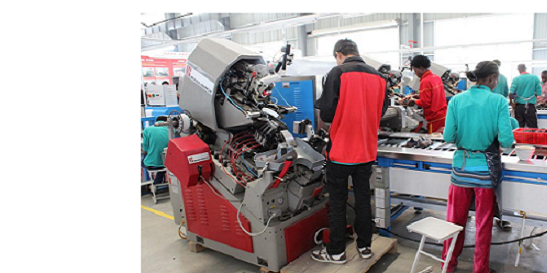A decade ago, Ethiopian leather shoe producers were hit by a “China shock”: a sharp rise in competition from cheap, imported shoes: domestic production fell from 1.5 to 0.8 million pairs of leather shoes and boots between 1999 and 2005. Since then, there has been a surprising recovery at the higher end of the shoe industry: output reached 3.1 million pairs in 2008/9. This is perhaps unsurprising: given Ethiopia's century-long history of artisanal shoe production and its large livestock sector, it clearly has the potential to foster a very dynamic industrial cluster. In 2008/9, export-oriented investment from China, as well as Europe and India, began to flow into Ethiopia’s leather sector. The literature suggests that foreign investors can be catalysts to help an industrial cluster overcome obstacles to transformation, but they can also provide “unfair” competition. How is Ethiopia’s leather value chain being affected today by these new, predominantly Asian/Chinese, firms? African countries have a window of opportunity to take advantage of growing interest from China/Asia, to orient these firms toward making contributions toward inclusive growth, and to foster transfers of knowledge. Policies to foster productivity-enhancing linkages between foreign and local firms would benefit from a more robust understanding of these processes.
Yet much of the research on Ethiopia’s leather cluster relies on data that is now nearly a decade old. This project is the first step in a larger, mixed-methods effort to understand this recent impact and formulate effective responses. This exploratory study consists in:
- conducting a census of all the existing Chinese/Asian firms in the leather value chain
- using the census to identify the Ethiopian subcontractors, suppliers, buyers and trainers of these Asian firms
- conducting interviews and focus groups with Ethiopian officials and industry associations to discuss proactive efforts, if any, by Ethiopians to engage Asian factory owners and learn from Asian practices by field visits and investment promotion tours
- interviewing a sample of Ethiopian firms (large-scale importers and modern, medium-sized to larger firms) to learn about their Asian contacts and sources of technology.
Note: this ERG was scaled up to a Major Research Grant (MRG), which the team was awarded in September 2013.







